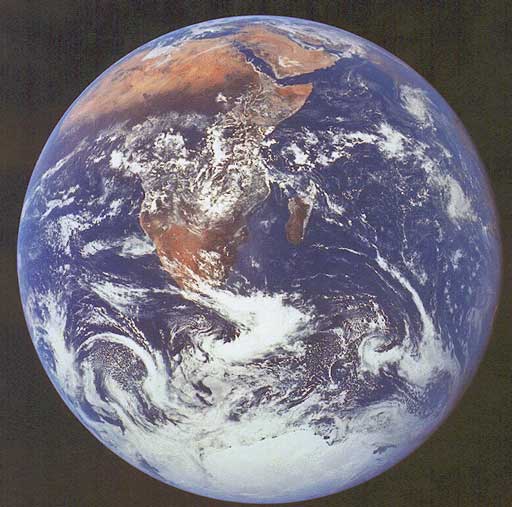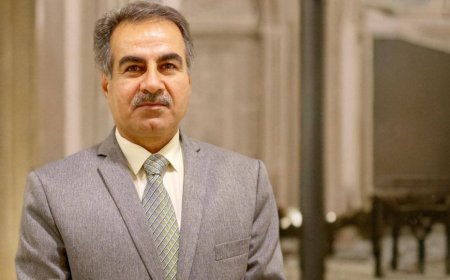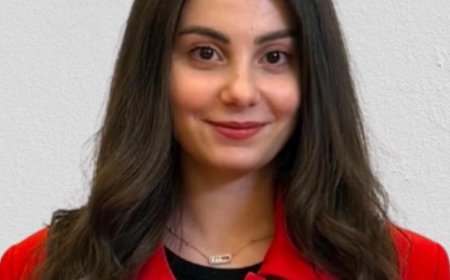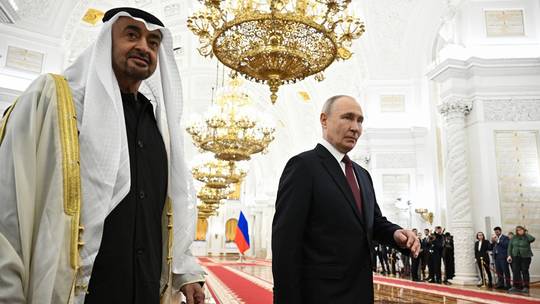In the tradition of Adenauer: President Nechirvan Barzani and regional stability
Michael EJ Phillips / Lecturer in the Department of French at Salahaddin University
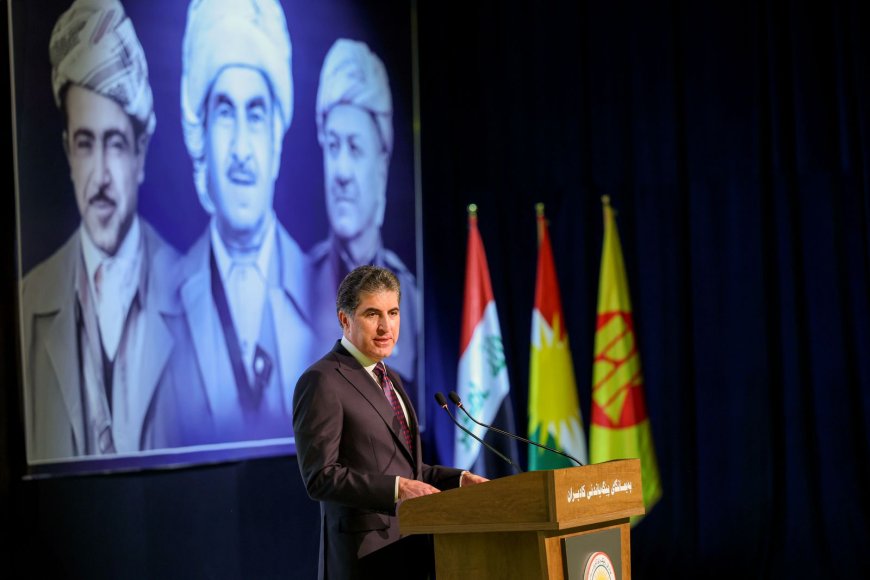
During the last week, President Nechirvan Barzani has been visiting both Baghdad and Tehran, as part of his continued diplomatic work within the Middle East and further afield. He firstly attended the 34th Arab League Summit in Baghdad on 17 May, where topping the agenda was the war between Israel and Gaza. The situation in Lebanon was also a topic of great importance. As such, Iraq is contributing to two funds of $20 million apiece - one for the reconstruction of Gaza and the second for that of Lebanon. Another focal point among those present was the recent decision by the United States under President Donald Trump to lift the long-standing sanctions on that country, as well as a declaration that it should be a state built on citizenship, democratic rights and adherence to its constitution .
President Nechirvan Barzani then travelled to Iran, to attend the Tehran Dialogue Conference on 17 to 19 May, alongside the Iraqi Foreign Minister Fuad Hussein who was also in attendance. During the conference he mentioned to the press that “The Islamic Republic of Iran was the first country that rolled up its sleeves vehemently in eradicating the ISIS terrorist group.” He further noted that ties between Erbil and Tehran are on the up, following the Iranian President Masoud Pezeshkian’s recent visit to the Iraqi Kurdistan Region. Another high-level meeting would soon be held in Iran’s Kurdistan province. Continuing his diplomatic remarks, he said, “We will not allow the Kurdistan Region to be a source of danger for Iran. We have made good progress on security issues, and we clearly state that the territory of the Kurdistan Region will not be a source of threat to Iran.”
Until recent years, relations between the Kurdistan Region of Iraq and Iran have been somewhat strained, due to attacks by Tehran on exiled Kurdish opposition groups as well as some rocket strikes which occurred in the Kurdistan Region, particularly in Erbil. To this end, Iraq and Iran signed an agreement in March 2023 which committed the former to disarming Kurdish opposition groups and tightening security along the historically porous border between the two. This also meant that Kurdish opposition groups in Iran started to move away from their bases in the Sulaimani area of the country. President Nechirvan Barzani’s visit to Tehran was significant, because in the words of Kurdistan Region Presidency spokesman Dilshad Shahab, it shows how a “new phase” in relations between Erbil and Tehran has very much begun; one in which the Iraqi Kurdistan Region has “overcome the phase of misunderstanding with Iran and is now entering the phase of developing relations.”
These most recent examples of proactive diplomacy are but two illustrating President Nechirvan Barzani’s diplomatic vision, which may be characterised as one which emphasises peace, negotiation and dialogue over conflict and violence. It is essentially one which has at base an emphasis on stability, international respect and open-mindedness, following in the tradition of those such as Konrad Adenauer. Adenauer, the first Chancellor of the Federal Republic of Germany from 1949 to 1963, was someone who achieved success in promoting rapprochement between historical enemies, and responsible among many other achievements for the 1963 Élysée Treaty which was a treaty of friendship between two countries who had often been at odds with one another for centuries – often at war and in conflict. Adenauer had first come to prominence before the end of the First World War, when in 1917 he was unanimously elected as Mayor of Cologne for 12 years. He also believed in a broad-tent approach to his political party, wanting it to be one for both Catholics and Protestants rather than being Catholic-only. After the Second World War, he established good relations with the British occupying forces and was instrumental in preparations for the 1957 Treaty of Rome, the precursor to the European Economic Community and today’s European Union. The predominating hope at the time was that European integration would promote lasting reconciliation between Germany and France, together with their neighbours, and thus diminish the possibility of future war.
Consensus, reconciliation, peace, and related attributes are the benchmarks of a mature approach to a modern, tolerant and inclusive foreign policy which values dialogue and rapprochement over enmity and discord. These values can be seen in President Nechirvan Barzani’s actions over recent months, where he has attended various other important international gatherings including the Munich Security Conference (in February) and the Antalya Diplomacy Forum (in March). It was there that he met the new Syrian President, Ahmed al-Sharaa during which they discussed the future of Syria, the threat of ISIS and regional security. Such meetings demonstrate that President Nechirvan Barzani is increasingly recognised as a safe pair of hands; one who can be relied on as a peacemaker both domestically within Iraq and internationally on the world stage. It is also notable that he represented the whole of Iraq at the recent funeral of Pope Francis in the Vatican, his attendance in such a capacity being well appreciated by those such as Presidents Macron of France and Trump of the United States with which he has close diplomatic and personal relationships.




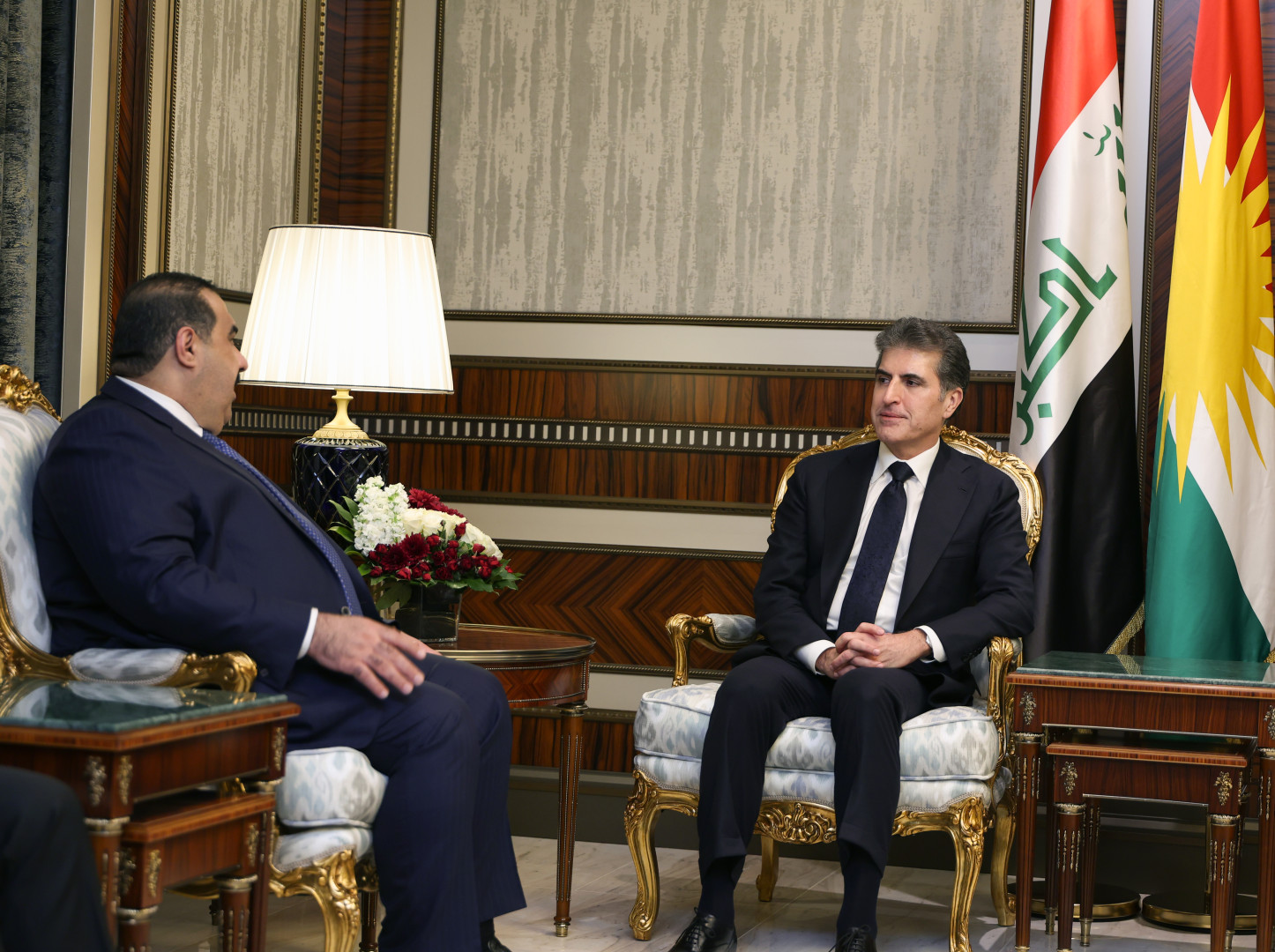
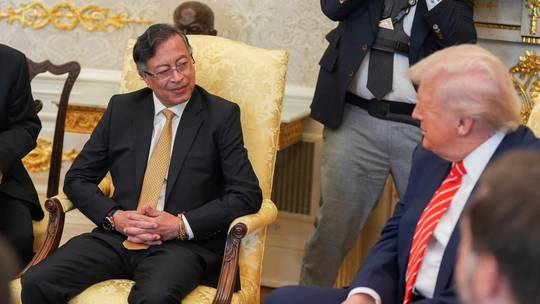




/file/attachments/orphans/GettyImages-173171038_666041.jpg)








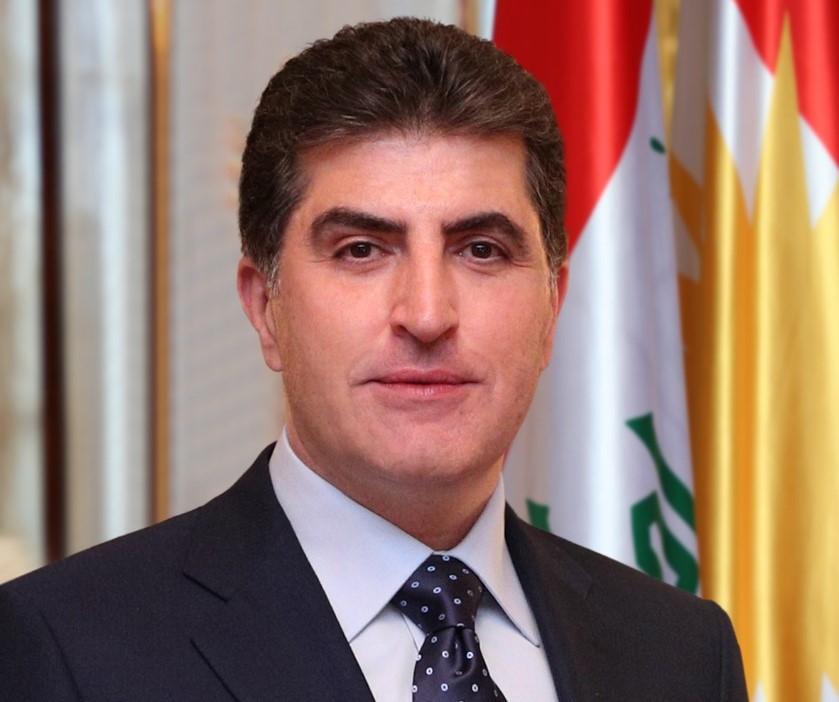



/file/attachments/orphans/IMG_9103_429753.jpeg)






